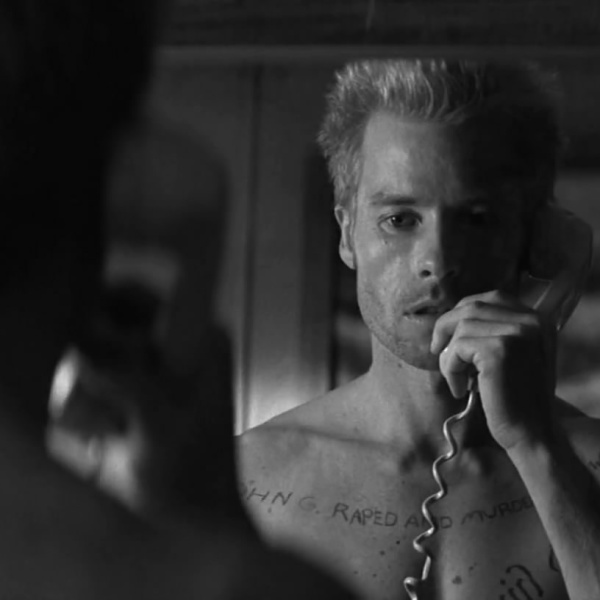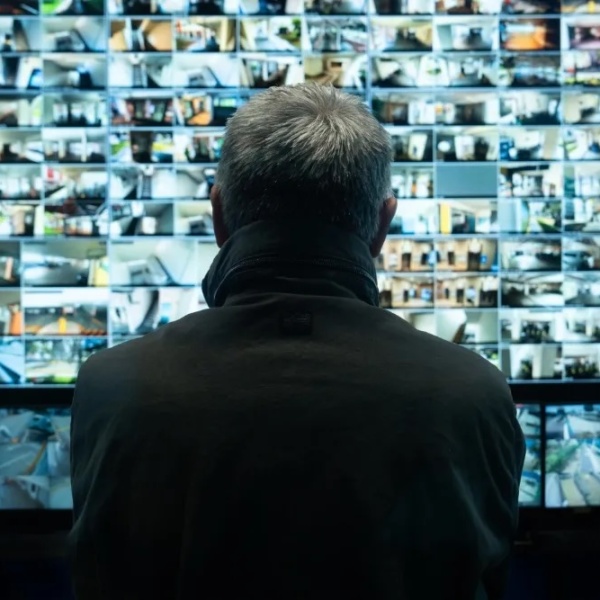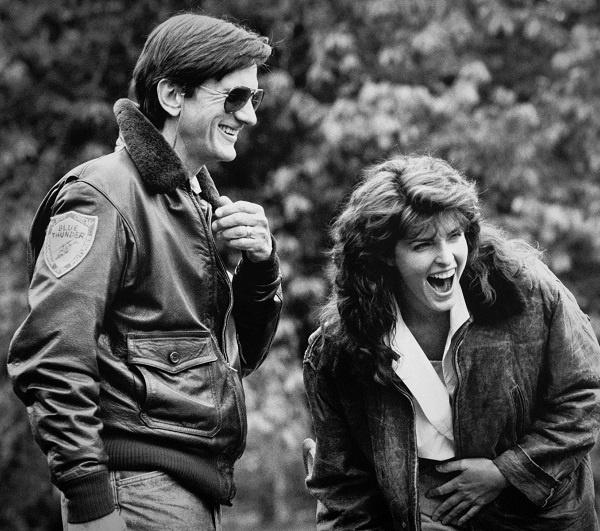For last few weeks, as the possibility of a SAG-AFTRA strike became more likely on top of the current WGA strike, there has been speculation about the scale of disruption it would cause. Now we’ll all find out. On Thursday, the actors union voted to strike for the first time in nearly 40 years (a 14-hour strike took place in 1986, and followed a three-month strike in 1980).
At a press conference, SAG president Fran Drescher issued a blistering critique of studios and the AMPTP. “You cannot change the business model as much as it has changed and not expect the contract to change, too,” she said. Among the biggest issues that SAG and the AMPTP couldn’t reach consensus on: Viewership transparency around streaming figures and residuals as well as new standards for AI implementation. Drescher and chief SAG negotiator Duncan Crabtree-Ireland initially messaged optimism about the negotiation process in an upbeat video last month, but this week said they were appalled by lack of progress since then. “We didn’t realize that was where it ended,” Drescher said. “We were really so marginalized, so dishonored and so disrespected that it was really egregious and disgusting.”
As actors join writers on the picket lines, the whole industry is left wondering: What happens now?
The strike happens to coincide with this week’s Emmy nominations, but none of this year’s acting or writing nominees will be able to campaign so long as the strike continues. Meanwhile, the fall festivals are around the corner, and actors won’t be able to do their usual red carpet routines, which throws Oscar season into disarray. Upcoming releases that haven’t already squeezed in their press days will have to consider their commercial prospects without actors doing their promotional duties, while some movies may move up their release dates in the hopes that the strike is resolved in the coming months.
In this week’s episode of Screen Talk, Eric Kohn and Anne Thompson take full stock of the strike implications for the rest of the year in film and TV. They also evaluate the disconnect between studio heads and the unions as they explore some of the key issues that point to a very long road ahead before any of this gets resolved.
Watch the full episode above or listen to it below.
Screen Talk is produced by Azwan Badruzaman and available on Apple Podcasts, Stitcher, and Spotify, and hosted by Megaphone. Browse previous episodes here, subscribe here, and be sure to let us know if you’d like to hear the hosts address specific issues in upcoming editions of Screen Talk.





